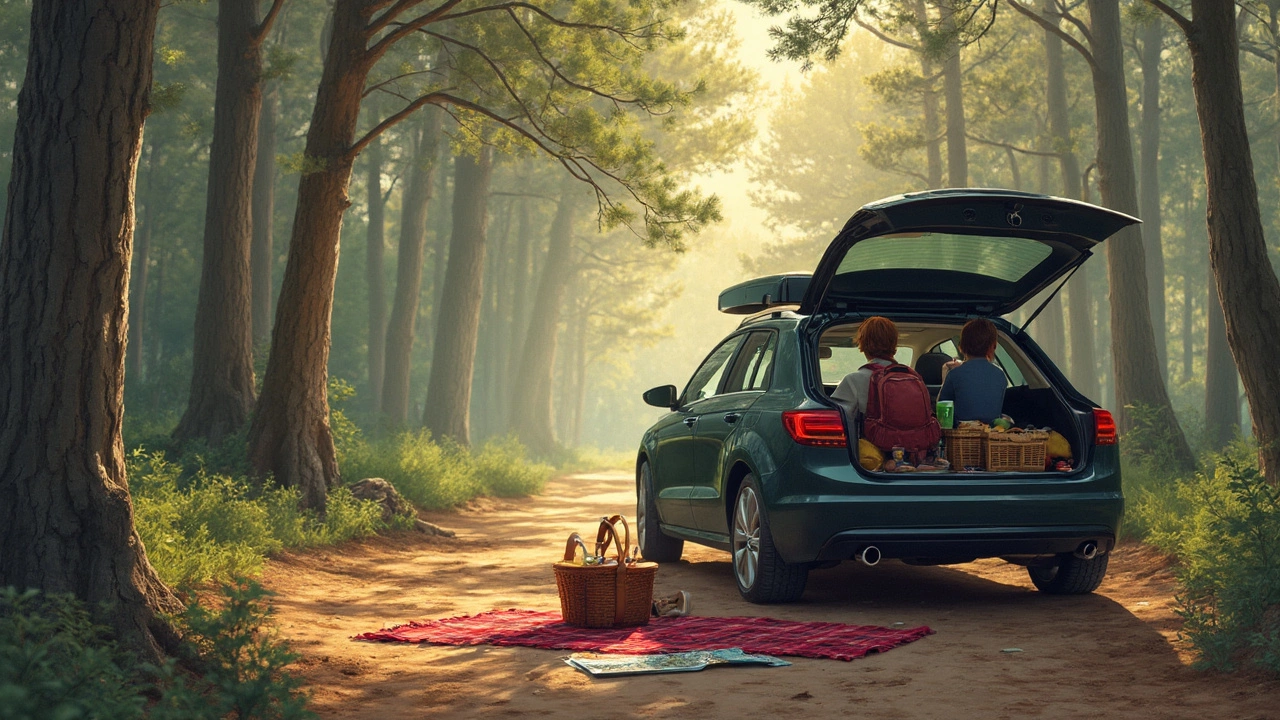Sleep in Car at UK Campsites: Practical Rules and Handy Tips
Thinking about crashing in your car after a long drive? You’re not alone – many road‑trippers choose car camping for the low cost and flexibility. But before you pull into a pitch, you need to know the rules and a few tricks to make the night comfortable.
What Campsites Allow Car‑Sleeping?
Most UK campsites let you park a standard car and sleep inside, but policies differ. Larger motorhome sites often have a dedicated "car parking" area with a flat surface and access to power. Smaller village sites might only allow a car for a short stay or require a small fee. Always check the site’s website or give them a quick call – a quick "Can I sleep in my car tonight?" can save you a night in the woods.
Key Rules to Keep in Mind
1. Parking position. Keep the car straight and pull the handbrake on. Some sites ask you to park nose‑in so the rear doors can open safely. Follow any signage to avoid fines.
2. Stay limits. Many sites caps car‑sleeping at 24‑48 hours for non‑resident guests. If you plan a longer stay, ask about a longer‑term pitch or a nearby caravan spot.
3. Noise & lighting. Keep lights dim and music low after 10 pm. Respect neighbours – you’re sharing a space, not a private hotel.
4. Safety. Lock all doors, keep windows slightly cracked for ventilation, and store valuables out of sight. A small portable alarm can add peace of mind.
5. Waste disposal. Never dump trash or gray water from your car. Use the campsite’s bins and pump stations.
Comfort Hacks for a Good Night’s Sleep
First, ditch the seats. Fold the rear seats flat or remove them if your car allows. Lay a thin foam mattress or an inflatable sleeping pad on the floor – it adds a few centimeters of insulation and makes the hard car floor much more bearable.
Second, control temperature. A summer night can get hot, while a winter evening turns icy fast. Pack a cheap reflective sunshade for the windshield to keep the sun out during the day, and a compact blanket or bivy sack for colder nights. A battery‑powered fan or a small heater (rated for indoor use) can be a lifesaver, just keep it away from flammable materials.Third, privacy. A simple window shade or blackout curtains cut down light and keep prying eyes away. You can buy cheap magnetic curtain panels or use a folded towel tied to the window latch.
Finally, stay organized. Use a small duffel for clothes, a collapsible toilet bag for emergencies, and a portable charger for phones. Keeping things tidy means you won’t be scrambling for space while trying to fall asleep.
Real‑World Experience
We tried sleeping in a compact hatchback at a lakeside campsite in North Yorkshire. The site allowed car‑sleeping for a modest nightly fee, and the staff gave us a power hook‑up point. With a foam pad, a sleeping bag, and a window shield, we felt snug and safe. The only hiccup was a neighbor’s dog that loved barking at dusk – a quick “good night” with the owner solved it.
If you’re a first‑timer, start with a weekend stay at a well‑reviewed campsite. Test your set‑up, see what works, and adjust for the next trip. Car‑sleeping can become a smooth part of your road‑trip routine – cheap, flexible, and surprisingly comfortable when you follow the basics.
So, before you hit the road, check the campsite rules, pack the right gear, and remember to lock the doors. With a little prep, sleeping in your car can be a stress‑free way to explore the UK without breaking the bank.
Can I Sleep in My Car Overnight in Florida? What to Know for Forest Campsites
Ever thought about catching some sleep in your car while exploring Florida’s forests? Rules in Florida are a mix of state laws and specific campsite rules. Some places let you park overnight in the woods, but not every spot is fair game. This article covers where you can legally rest, how to avoid extra trouble, and tips for safe, comfortable car camping at forest campsites. If you’re hoping for a hassle-free night, you’ll want to know the details before you park.
